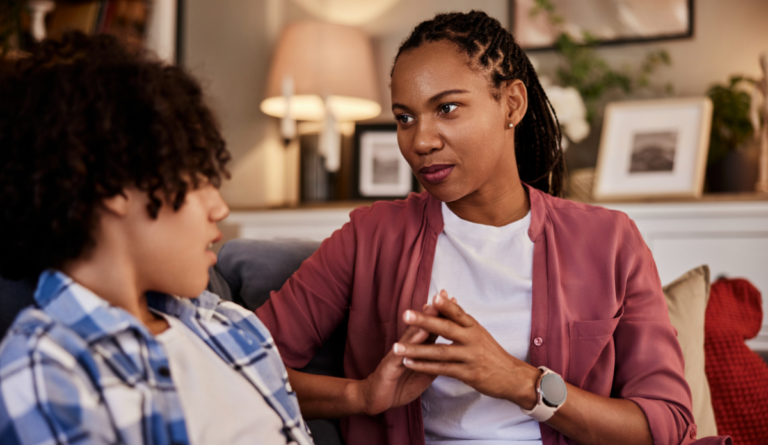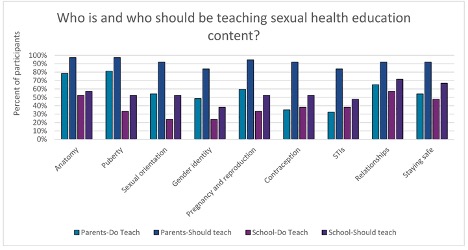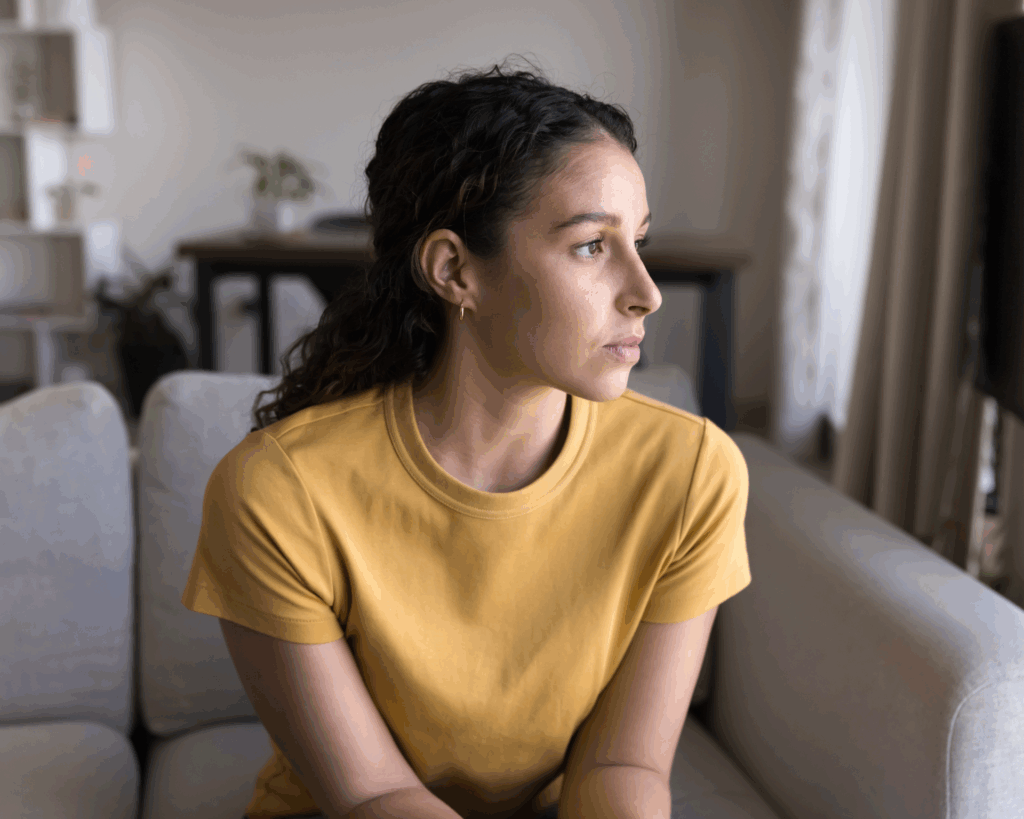Unlocking Understanding: Sex Ed for Young Adults with Intellectual Disabilities
Young adults with intellectual and developmental disabilities receive less sexual education than their neurotypical peers. Many believe parents should play a bigger role in filling in the education gaps.

Read Time: 2 minutes
Published:
Love on the Spectrum—a Netflix reality TV show—follows autistic individuals as they look for love and navigate intimate relationships. The show has sparked conversations about sexual health and relationships across the spectrum of dating. It has also demonstrated that, regardless of disability status, all young adults grapple with the challenges of dating and sex.
Sexual health education empowers young adults to explore platonic, sexual, and romantic relationships by teaching them about safety, health, and bodily autonomy. However, only half of America’s young adult population receives adequate sexual health education. Those with intellectual and developmental disabilities receive this education even less frequently than their neurotypical peers. Societal beliefs that persons with disabilities are asexual and do not need sex ed contribute to this education gap, leaving them ill-equipped to navigate the relationships they desire.
Debate over who should teach sex ed to young adults with intellectual disabilities contributes to ongoing disparities in sexual health education. Eileen T. Crehan and collaborators conducted an online survey with family members and school-based professionals to find out who is teaching sexual health to students with intellectual disabilities. They surveyed 37 family members and 21 school-based professionals recruited through listservs of intellectual and developmental disabilities organizations, schools, and personal contacts.

The figure above shows large discrepancies in the study participants’ perceptions of who should be and who is teaching sexual health to this population. Universally, respondents think parents should be more involved in teaching their children than they currently are. Contraception usage and STIs show the largest gaps between what respondents believe parents should teach and what they currently do.
The researchers propose enhancing support for parents and school-based professionals through tailored online educational materials and training. By bolstering resources, caregivers will be better equipped to deliver comprehensive sexual health education for persons who are disabled, so they may navigate their relationships safely and successfully.
Databyte via Eileen T. Crehan, Ariel E. Schwartz, and Elizabeth K. Schmidt. . Sexuality and Disability, 2023.



